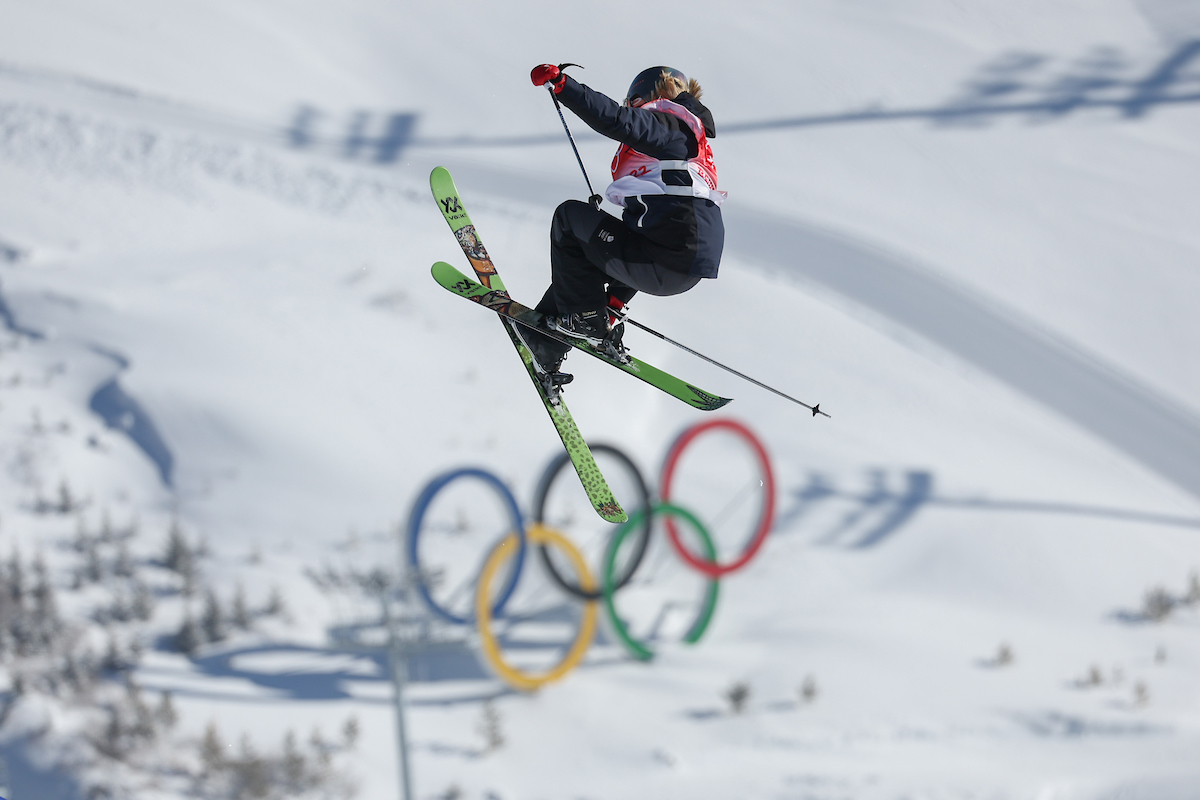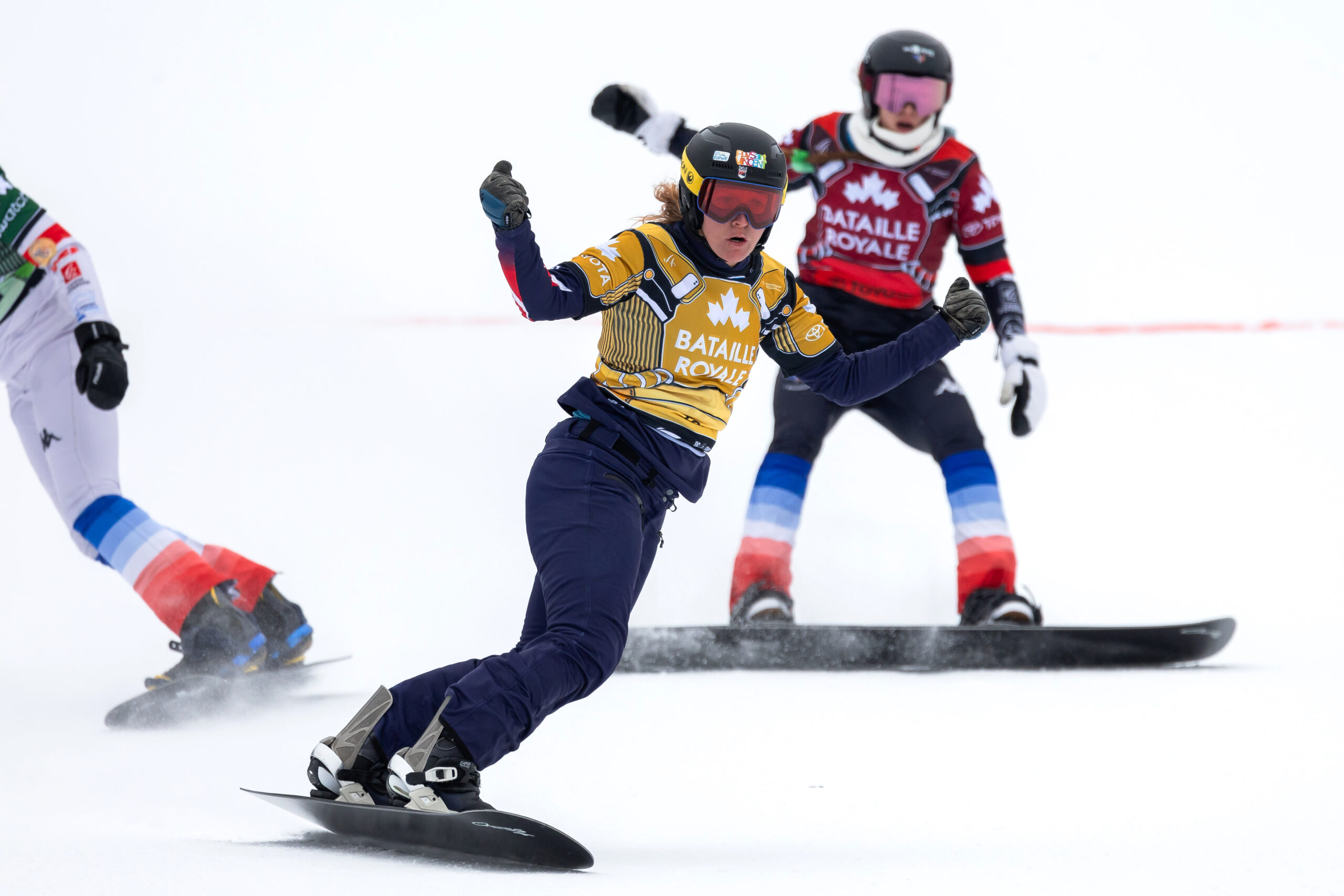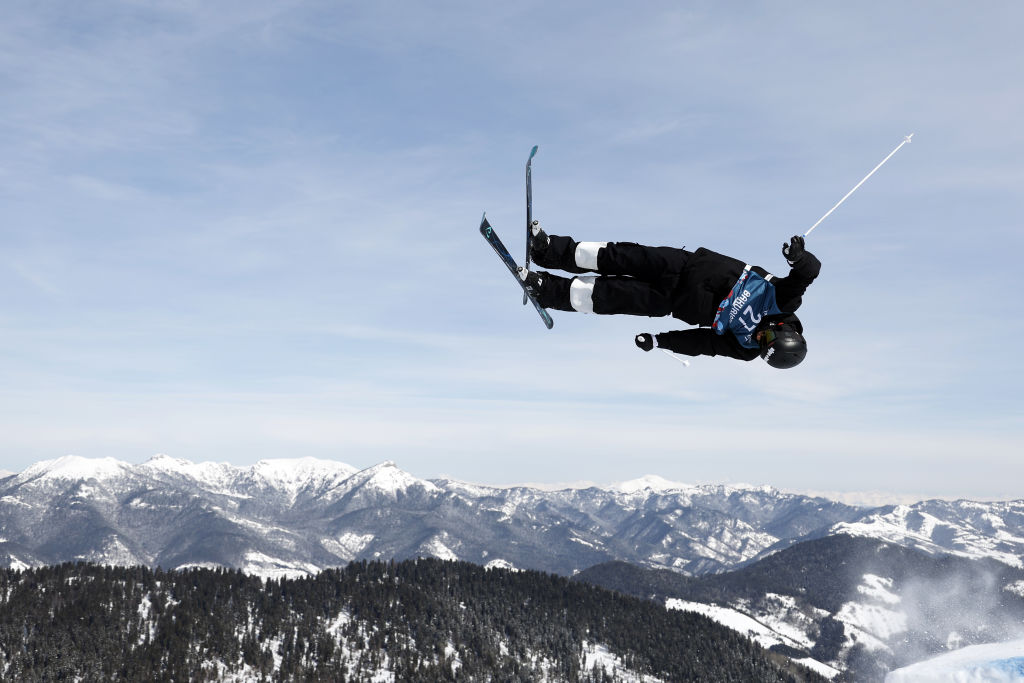
Photos by Theo Acworth
This week marks the start of the GB Snowsport Team Behind the Team series, providing weekly showcases of some of the top talent supporting the GB Snowsport athletes all year round. In the first entry, meet Ben Kinnear, GB Snowsport Freestyle Snowboard Coach. Learn about what Ben gets up to day-to-day from driving and organising, to filming and feedback, not to mention making sure our athletes are happy, healthy and supported so they can continue to perform their best both on and off snow.
How and why did you get into coaching?
“I started coaching when I was quite young, around 18, as it was pretty clear to me that’s what I wanted to do by then – to be immersed in the culture and sport of snowboarding, and work with athletes to help them progress. I actually first started a private junior camp with a friend to help bring talented riders from artificial slopes in the UK out to bigger parks in Europe and my own coaching opportunities grew from there.”
What are your main responsibilities as a coach?
“Driving and organising stuff for riders? Haha. It always changes according to the athlete and the situation. I would like to think by remaining flexible in our approach we essentially to help create the best learning environments for all the riders and help them negotiate the various hurdles that come along the way. Skill progression is what Park and Pipe snowboarding is all about, so it’s really down to working with riders on that skill acquisition journey both on and off snow.”

How important is the mental/psychological side of coaching in a modern athlete’s development?
“Yes, it’s definitely very important, essential in fact. Ultimately, the very best progression happens when an athlete is feeling at their best. So anything we can do as coaches to help riders find their best place is really crucial. Learning to understand different athletes’ needs and preferences helps us too. Because there is significant consequence in our sport, helping athletes learn to take ownership over their own decision-making as they progress, definitely involves tapping into the psychological side of coaching and is so important in how we build coaching relationships.
“Really, it goes far beyond just snowboarding, it’s how we all interact and help support each other on and off the mountain that can positively impact an athlete’s life beyond snowboarding.”
How is the new generation of athletes’ expectations of coaching different from what was expected 10 years ago?
“I don’t know how different it is to be honest. It’s easy to make comments about Generation Y or Z collectively, but honestly I feel like its so individual that it hasn’t changed that much. With social media so prevalent now there is more demand on instant airdrop of photos or video 😅”

Is analysing competition or training footage useful for athlete improvement and development? If so, has tech like mobile phones and drones made this easier?
“Yes, video has always been very heavily used for quick athlete feedback and now having high quality video available on the phone has made that aspect much easier than it ever was. Other tech has its uses yes, but honestly it’s hard to beat the phone! I can jump on a chairlift with a rider, have a chat through a last attempt on a trick and a quick look at the video if it’s relevant. We actually used a drone a little bit last winter but more for the sake of a unique angle on a jump we were at than a performance need. Quite a few of the athletes are really into their photography and videography, so often there is really good quality footage or pictures being taken by the riders too. Matt McCormick in particular is producing some incredible footage and photography.”
What was the biggest challenge coaching athletes during the most restricted moments last year? How did you manage to maintain a coaching approach with athletes during lockdown?
“Throughout the first while, it was similar to everyone else – video calls, catch ups and we would set home challenges in our groups online for people to stay engaged. We were very fortunate, in that by September last year we were travelling and competing again (with heavy protocols in place). Of course, the constant uncertainty made for huge challenges and constant changes of plans and competitions changes/cancellations meant it was very intense. However, in perspective, just to be able to be doing what we were was incredibly fortunate.”
You can follow Ben on Instagram here.
 Share
Share

